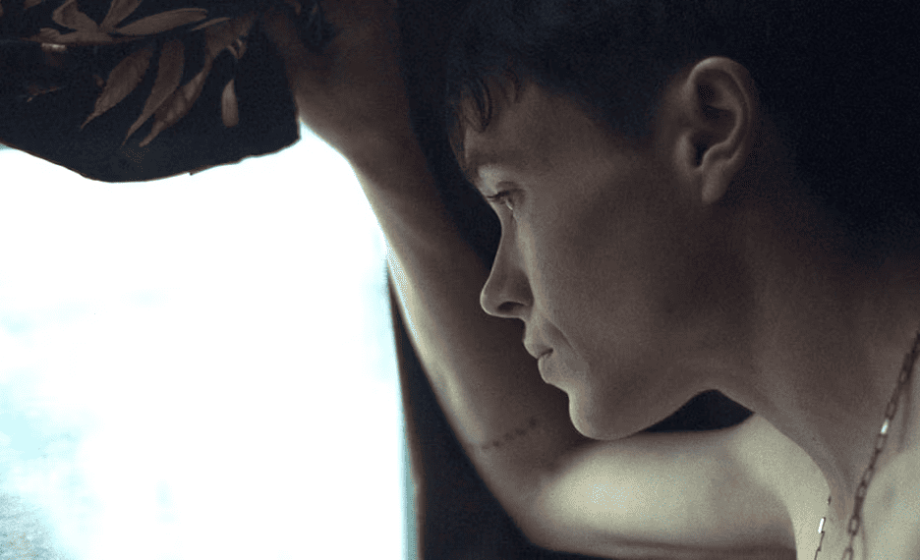One of the most buzzed-about films that came to international festivals across Canada this season was Close To You. Premiering at TIFF, this slow burn of a modern family drama was helmed by British director Dominic Savage and stars long-time Canadian favourite Elliot Page. A slice of life diving into the complex familial conflict and navigation that comes from returning home post-transition, this film’s broadly improvisatory formula makes for something understated yet lively, but perhaps a little too loose.
Page plays the central character of Sam, returning home to his family in Cobourg for the first time in several years after having transitioned. The film begins with a meditatively gradual awakening in his rented room at a friend’s house in Toronto and discussing his anxieties about the reunion for his father’s birthday. Taking the train, we experience the first flicker of Sam’s past in his friend Katherine (Hillary Baack), who appears to still hold some form of candle for Sam but becomes guarded the moment they disembark. We’re then privy to immediate joy and celebration of Sam’s family at his return which quickly devolves into constant needs of explanation, support, and comfort on his part as they broach his absence and transition, all spiked by genuine bigotry from a sibling’s partner.
To start, this film is an important conversation. The journey of Sam is one had by countless individuals across the LGBTQ+ spectrum and is a caring, insightful depiction of trans experience put forth through a major platform. Having this content that evokes not only valuable representation but particularly in a grounded realm of small-ish-town Canada is a meaningful mirror to have in our cinematic spectrum. Through Page’s rooted performance and a wealth of strong delivery across the board from the actors, something very real is conjured.
But there is something about Savage’s approach that also often leaves an aimless or disjointed feeling in the story’s beats, and some scenes’ dialogue feels weaker for it. While the progression of the familial drama makes logical sense, it is broken up by a bouncing back-and-forth between Sam and Katherine walking along the beach and digging into their past and present. It doesn’t quite work as a framework in a film that’s otherwise so linear, and despite their connection being a necessary win emotionally for the otherwise arduously taxed Sam, more often than not the scenes between the two of them seem to be lacking narrative connective tissue to make the payoff impactful.
All of this isn’t to say that Close To You isn’t an enjoyable watch. It highlights a poignant family situation in a multi-faceted manner that has a layered weight on the character of Sam and the audience. What could be an overbearing experience of emotional baggage is often broken up by moments of true reconciliation and even surprisingly sharp bits of humour. Even if the film meanders at times, it stays true to the heart it intends to evoke, and that alone makes it a worthy watch.





